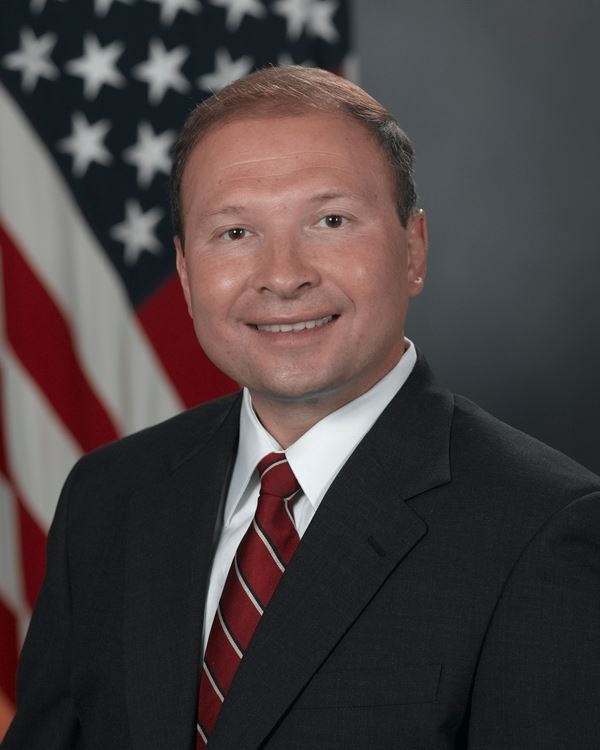So much for “not spiking the football.” Though President Obama used that analogy to compare mildly excessive football celebrations with his refusal to release photos of a dead Osama bin Laden, the impeccably timed visit to Afghanistan exactly one year later more closely resembled the Green Bay Packers’ “Lambeau Leap” into the stands, or the “salsa dance” by the New York Giants’ Victor Cruz in the end zone. Much of the criticism directed at Mr. Obama this week has rightly pertained to overtly politicizing bin Laden’s demise at the hands of Navy SEALs. His diplomatic visit to Afghan President Hamid Karzai followed by a rally with our troops looked a lot more like full-blown presidential campaign events, complete with a U.S. flag draped over a military vehicle as a backdrop to addressing the nation. Meanwhile, his campaign stooped to new political lows by running an ad insinuating that former Gov. Mitt Romney wouldn’t have taken out bin Laden if given the same chance. As bad as the politics may be surrounding bin Laden’s death, Mr. Obama’s latest moves, combined with White House counterterrorism adviser John Brennan’s speech this week about the increased use of drones to take out terror suspects in Pakistan, Yemen and Somali, raise even more serious questions about their approach to terrorism in general. It seems for lack of a better term, bipolar. While Mr. Obama has been extremely tough on “at-large” terror suspects – taking them out with drone strikes and Navy SEALs without so much as a hearing, he’s treated “captured” terror suspects with kid gloves, like at Guantanamo. That’s right, the same place where detainees just got a $750,000 new soccer field, courtesy of U.S. taxpayers. In seeking justice for Sept. 11, he gave the order to kill bin Laden as soon as practical after we found him, while simultaneously dragging his feet for years in bringing Khalid Shaikh Mohammed (KSM) and four other alleged co-conspirators to trial. Even though KSM had been through seven months of pre-trial hearings by Mr. Obama’s Inauguration Day and was in discussions with a judge at Guantanamo to enter a guilty plea, the newly sworn-in president halted all military commissions within hours of taking office. Over the next year Mr. Obama attempted to close Guantanamo, completely dismantle military commissions and transfer detainees into the U.S. civilian justice system. In the Sept. 11 case, it’s a move that would have cost taxpayers $200 million a year in security and logistics, while turning lower Manhattan into an armed camp. Worse yet, it would have given KSM a highly visible platform to rally countless numbers of disgruntled “lone wolves” out there to support his radical anti-American ideology and kill as many civilians as possible. On May 5, a full 47 months after KSM, et al. were first arraigned at Gitmo on June 5, 2008, the five will reappear before a military judge to start the entire process over again. While Mr. Obama and his surrogates complained literally thousands of times about the grand total of three detainees who were waterboarded by the CIA under the Bush administration, then banned all coercive interrogations once in office, Mr. Obama has no problem killing U.S. citizens overseas via covert action, like New Mexico-born Anwar al-Awlaki. Call me crazy, but I’d rather be waterboarded – like tens of thousands of military personnel who have been through Survival, Evasion, Resistance and Escape schools designed for pilots and aircrew – than blown up by a missile or taken out by a squad of commandos in the middle of the night. It is hard to fathom why Mr. Obama has favored providing some foreign terror suspects with constitutional protections designed for Americans, yet is also perfectly comfortable in signing death warrants for others without due process or a second thought. Perhaps the worst part of Mr. Obama’s terrorism philosophy is the preachy hypocrisy that goes along with it. He campaigned on “hope and change,” declaring he would “restore the rule of law” to our nation, and “adhere to our values,” all the while implying that his predecessor and those in his administration did none of those things. He and his allies portrayed President Bush, Vice President Richard Cheney, Defense Secretary Donald H. Rumsfeld and their staffs in the starkest terms regarding human rights, and then once in office, quickly outpaced them in numbers of terrorist leaders targeted for elimination. Sadly, as Americans debate whether or not Mr. Obama is a strong leader based upon his incoherent counterterrorism strategy, the elephant in the living room remains his plans for up to $1 trillion in defense cuts over the next decade, which would turn the military into the hollow force it was in the 1970s. Although not as exciting to follow as drone strikes, commando raids or Gitmo detainees, finding the right balance in defense budgets is what will really make or break our country – and it’s not looking good for the home team. Read the original article at WashingtonTimes.com.


 J.D. Gordon
J.D. Gordon